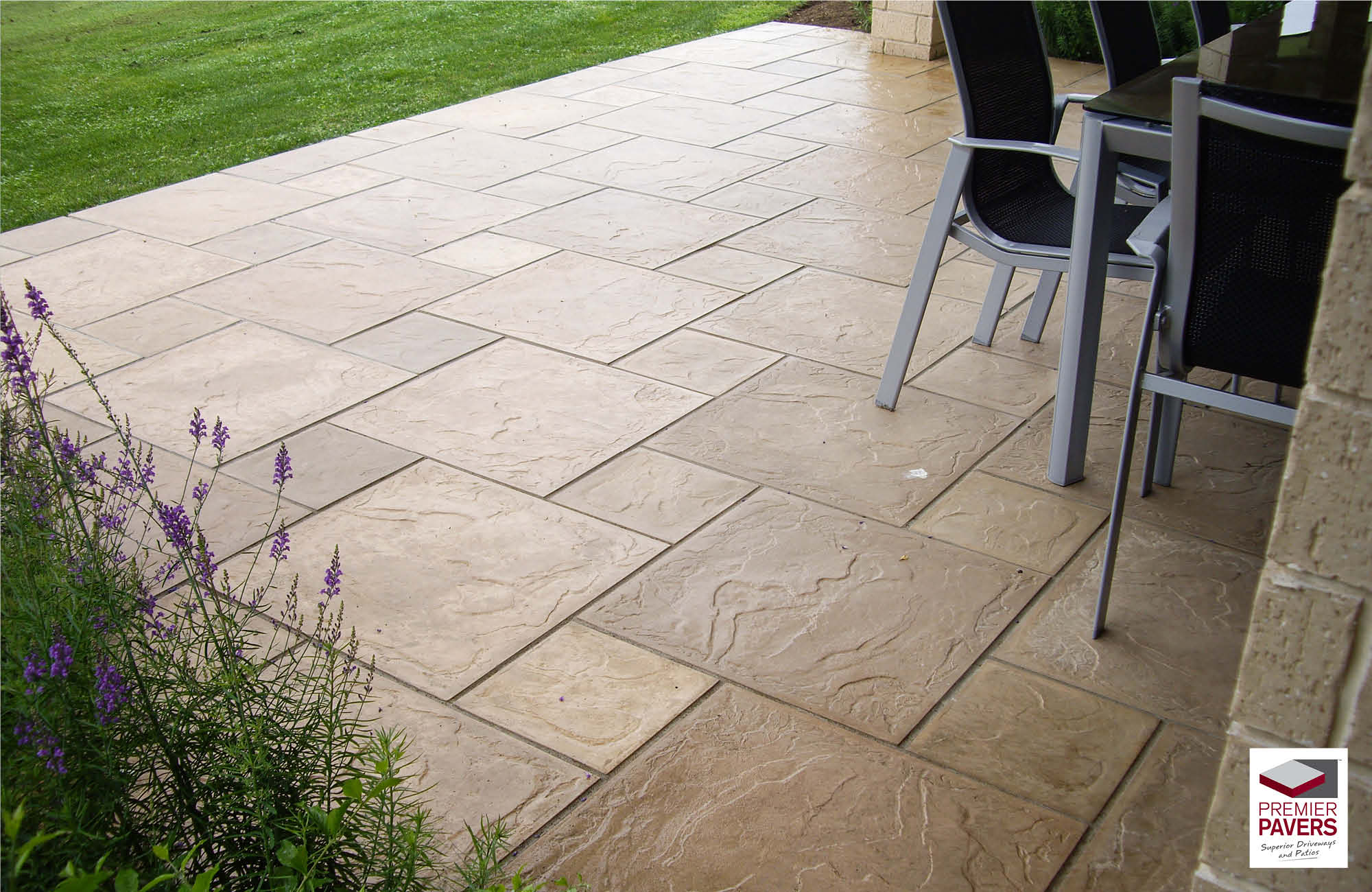Reasons Why You Should Install Patio Pavers

There are many reasons why you should install Patio Pavers, but let us confine ourselves with just three:
* Improve your home
* Make your yard more beautiful
* Increase the functionality of your patio area
Patio Pavers are brick or concrete masonry pieces. They are often used to make floors or walkways, but you can get creative with them. For instance, instead of using them as mere floors or walkways, you can use them as stepping stones, or you can use them for edging planting gardens.
The practical and aesthetic uses of pavers are virtually limitless — as boundless as your vision. So don’t be afraid to experiment with pavers to find out which one best fits your particular yard or patio.
Installing Patio Pavers
The only downside to patio pavers is that they can be a bit intimidating to install. So unless you are an expert in installing patio pavers, you may encounter some problems with the material.
But the advantages are well worth the trouble. You see, unlike other materials like poured concrete or asphalt, patio pavers will not crack. The reason for this is that the material has interlocking joints. This actually allows slight movement without causing any cracks to the pavers.
In addition, patio pavers are easy to repair. Ideally, you can remodel or reinstall them any time no matter how far in the future it is. For this reason, pavers are good investment. They certainly last longer and look good.
Types of Patio Pavers
Consider this as your starting point when beginning a patio project that involves patio pavers. There are many to choose from, and the all important question is: Which one fits your patio the best?
Many considerations – shapes, colors, sizes, materials – come into play when it comes to choosing the right one. To help you make the right choice, here is a quick run-down of what to expect from each type of patio pavers:
Brick
Patio pavers of this type are by far the most popular. Much of that has probably something to do with its affordability. Compared to other types of pavers, bricks are certainly cheap. However, note that with patio pavers, you are generally getting what you paid for.
Concrete
Longer lasting and more weather resistant. But a lot depends on the quality of the concrete mix and the weather condition during and after pouring the mix onto the patio. The finishing technique used may also come into play.
Smaller size pavers make for a more compact walkway or patio floor. They are less likely to get jostled around and, hence, less likely to crack from all that moving. But if you plan on using your patio pavers as stepping stones, then larger ones are in order.
